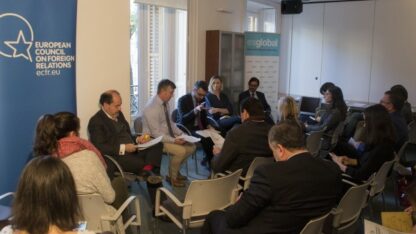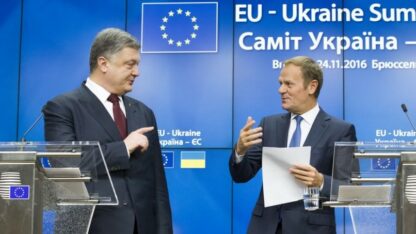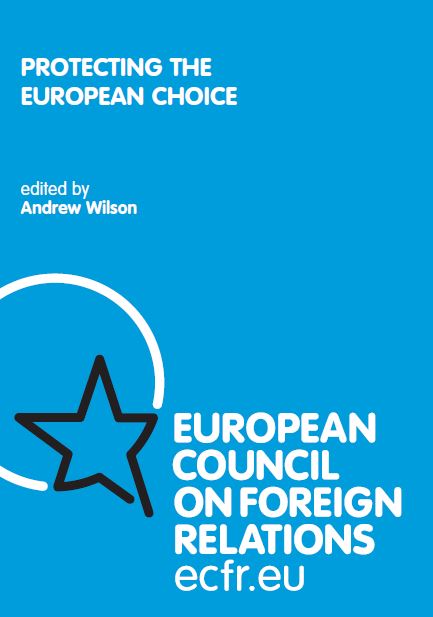Moldova’s Political Crisis: What’s next?
Dicussion on Moldova's ongoing political crisis, the reasons behind the different actors involvement and the challenges the new government now faces
Dicussion on Moldova's ongoing political crisis, the reasons behind the different actors involvement and the challenges the new government now faces

El pasado jueves 16 de noviembre, ECFR Madrid y esglobal, en colaboración con el Ministerio de Asuntos Exteriores y Cooperación (MAEC), organizaron un desayuno de trabajo a puerta cerrada

Panel discussion on the future of Europe's Eastern Partnership
How should Europe engage with the separatist authorities and people living in these territories?
Moldova may return more towards the ‘balancing’ policy of the Communist leader Vladimir Voronin
Russia underwent fundamental military reforms which not only included modernization of equipment but also changes on structure and staffing. In the recent past, we have observed significantly faster mobilization of troops within few days and major threats to EU and NATO members. However, the European Union is badly prepared for the various scenarios regarding its defence strategy. For that a better coordination between EU and NATO, a willingness to react, and a re-focus on military core functions and capacities is of fundamental importance. The discussion proved to be very lively. Consensus on the strengthening of Russia's military was clearly at hand, but regarding the instruments to encounter this new military giant is still an open question for the foreseeable future.
Moldova's new pro-European government will face a strong pro-Russian opposition and it must act quickly to implement reforms – for its own sake and for the EU's
Moldova risks sliding into a period of political and social upheaval that could endanger its very existence
On the eve of the parliamentary elections in Moldova, the country’s economic situation is relatively stable despite negative external factors

Europe must change policy towards Russia to protect partnering countries